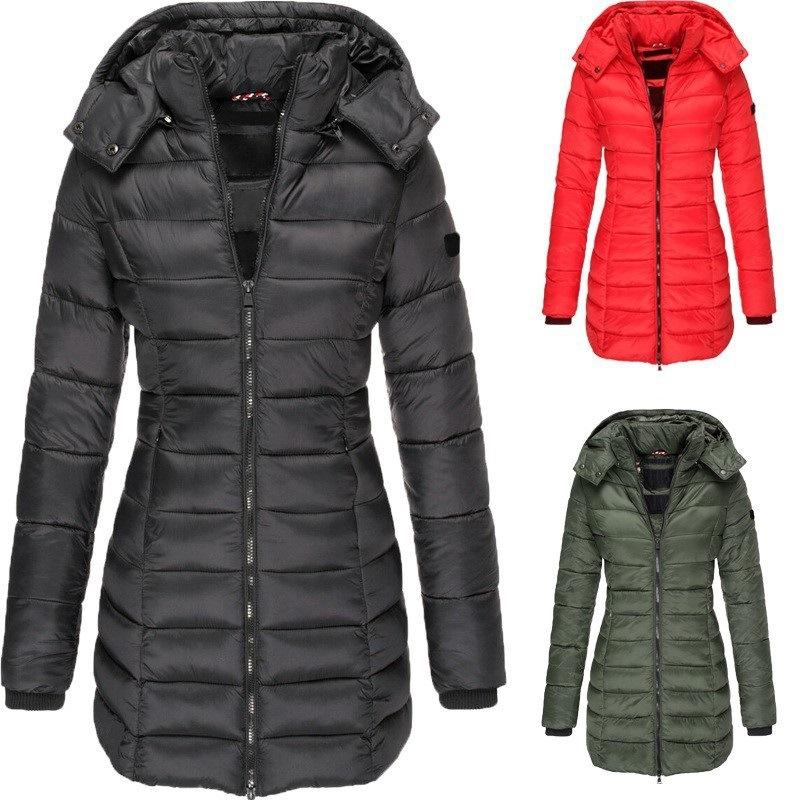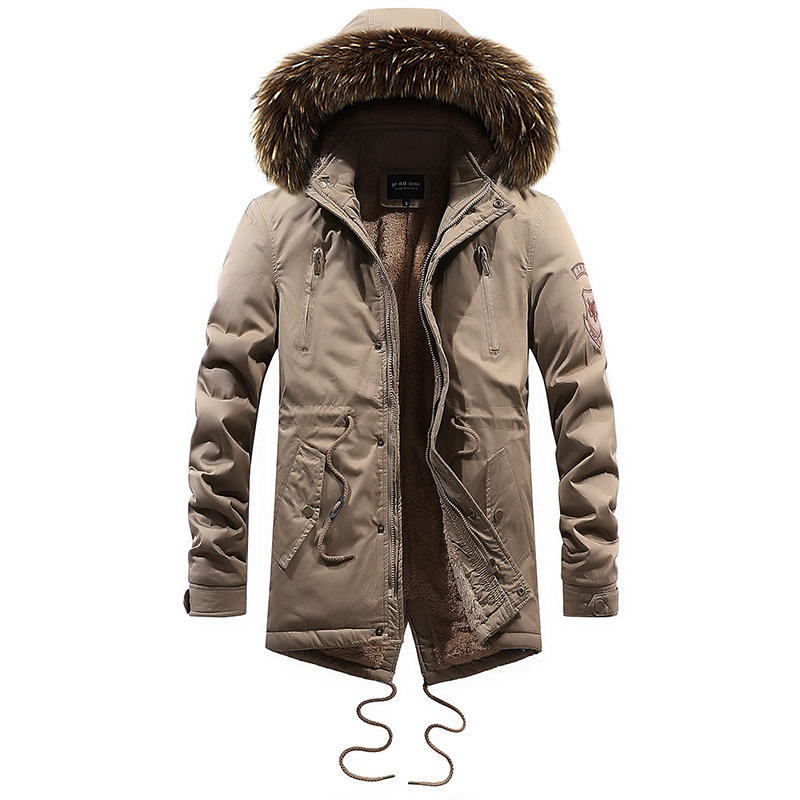Do You Really Need to Dry Clean Your Winter Coat?
Do you really need to dry clean your winter coat? The answer is maybe not. While dry cleaning can remove stains and smells, it can also damage the fabric and reduce the lifespan of your coat. Plus, dry cleaning is expensive and not everyone has the time or energy to take their coat to the dry cleaner every winter. There are other ways to clean your winter coat at home, such as using a washcloth or sponge with warm water and soap to wipe off stains. You can also use a vacuum cleaner to remove any snow or debris that may have accumulated on the surface of the coat. These methods are cheaper and easier than dry cleaning, and they will help keep your winter coat looking and smelling good for years to come.
The winter season is here, and with it comes the need for warmth and protection from the cold. One of the essential items for staying warm during winter is a good winter coat. But just like any other garment, winter coats require proper care to maintain their quality and longevity. So, do you really need to dry clean your winter coat, or can you handle it at home with the help of a good detergent?
In this article, we will explore the answer to this question. We will talk about the materials used in making winter coats, the benefits of dry cleaning, and how often you should get your winter coat dry cleaned. By the end of this article, you will have a clear understanding of whether or not you need to dry clean your winter coat.
Materials Used in Making Winter Coats:
Winter coats are usually made from a variety of materials, including cotton, nylon, polyester, and down feathers. Each material has its own set of properties that make it suitable for winter wear. For example, cotton is a breathable material that can keep you warm without being too bulky. Nylon, on the other hand, is a waterproof material that can protect you from snow and rain. Polyester is a synthetic material that provides good insulation and is often used in making jackets and coats. And down feathers are lightweight and provide excellent warmth.

Benefits of Dry Cleaning:
Dry cleaning your winter coat has several benefits. First, it can help remove stains and odors that may have accumulated during use. Second, dry cleaning can also help restore the original color and texture of the coat. Third, it can prolong the life of your winter coat by removing dust and debris that can accumulate on the surface of the fabric. Fourth, dry cleaning can also help protect the material from damage caused by water or detergent.
How Often Should You Get Your Winter Coat Dry Cleaned?

The frequency at which you should get your winter coat dry cleaned depends on several factors, including the type of material used in making the coat, the amount of wear and tear it experiences, and the environment in which it is worn. Generally, most winter coats should be dry cleaned at least once a season to keep them looking and functioning their best. However, if your winter coat is made from a material that is prone to staining or odor accumulation, you may need to get it dry cleaned more frequently. On the other hand, if you wear your winter coat less often or if it is made from a material that is easy to care for, you may be able to go longer between dry cleanings.
In conclusion, whether or not you need to dry clean your winter coat depends on several factors, including the type of material used in making the coat, the amount of wear and tear it experiences, and the environment in which it is worn. By understanding these factors and being mindful of your winter coat's care instructions, you can make an informed decision about whether or not to dry clean it at home or take it to a professional dry cleaner.
Articles related to the knowledge points of this article:
Title: Exploring the Multifaceted World of Ties: Understanding the Art of Tying a Tie
Title: The rise of the fur-collared down jacket
Title: The Art of Pairing a Gray Shirt with a Tie
Cuff of a Down Jacket: A Fashion Focal Point
Feathered Jeans: A Fashion Story
Title: Diors Iconic Silk Scarfs: A Timeless Accessory for the Fashion-Forward



